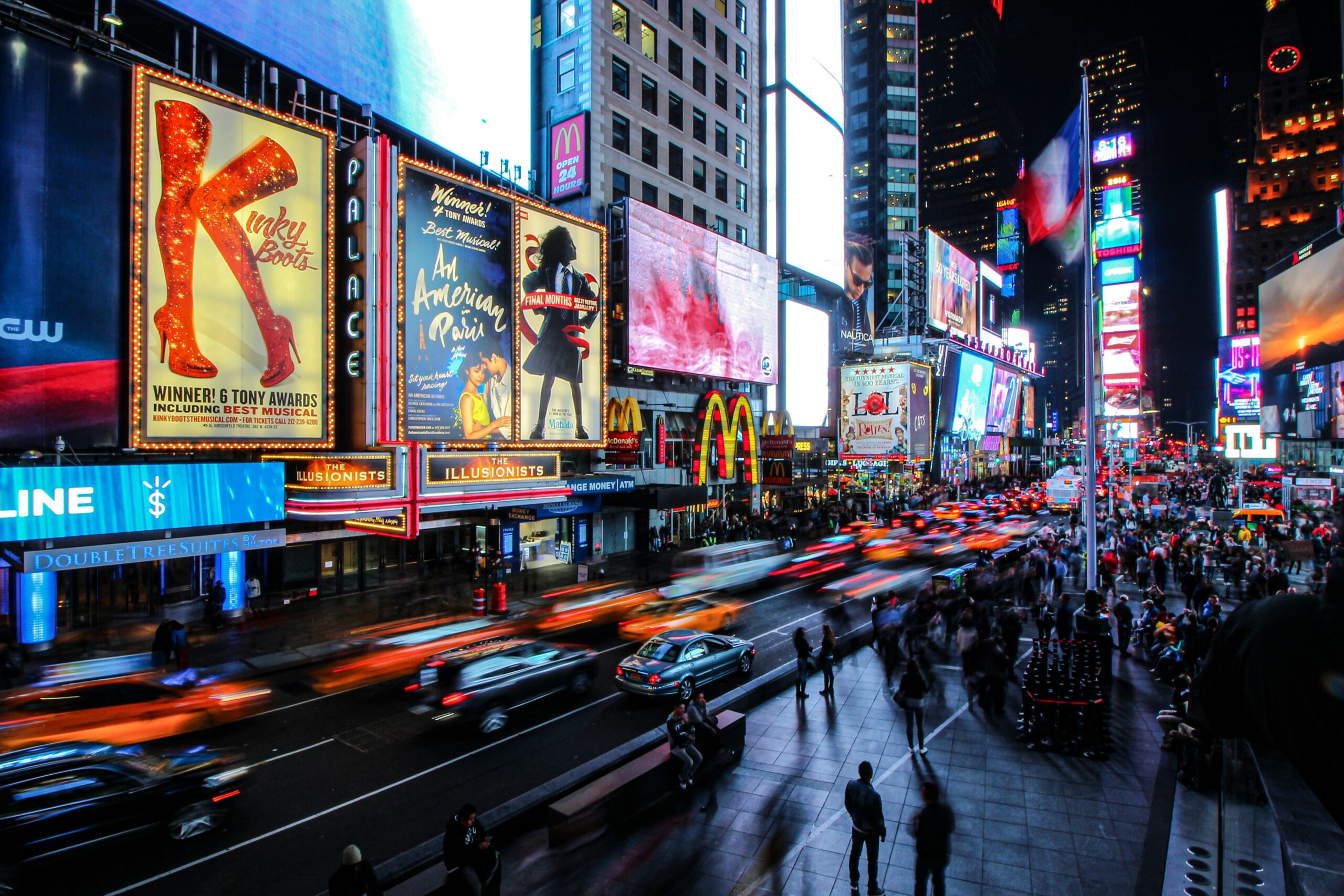I have a confession to make. I sometimes have trouble knowing when enough is enough. At the end of my workday, I have trouble closing the door to my home office, knowing that there are a zillion more tasks I can do. I also love to go to the thrift store with my daughter. I love finding amazing deals and beautiful things, even though I don’t need ANYTHING! Maybe it is a vestige of the hunting and gathering instinct? I also tend to pursue self-improvement relentlessly.
As we enter the time of gift-giving and socializing, year-end reviews, and New Year’s resolution setting, I wanted to explore the topic of “enoughness” from a well-being and sustainability perspective. Of course, there is nothing wrong with productivity, shopping, and self-improvement, but it is almost counter-cultural to say, “No, thank you, I have enough.” Why is that?
There is a dawning realization that consumerism and the constant pursuit of stuff don’t make people happy, and it is undeniably horrible for the environment. This article in The Guardian, “Are young people poised to slam the brake on endless economic growth?” provides a fantastic look at this trend and the systemic implications of shifting our approach to overconsumption.
So what about “enough” productivity? I recently read Oliver Burkeman’s Four Thousand Weeks: Time Management for Mortals, which hypothesizes that this endless search for the most productive day and how to fit more work into less time is really a fight against the fact that we are only here for a short time. If we live to about 80, we have 4000 weeks to do anything and everything. The fact is, no matter how productive we are and how much time we spend each day being productive, we will not be able to do everything we want. And those 12-hour days being overwhelmed by how much you should or could be doing actually diminishes the quality of those 4000 weeks. This dissatisfaction can create a vicious cycle of trying to make up for your unhappiness by buying things or making it up to your family for the time you haven’t spent with them by buying them things, and we go back to the problems of overconsumption – which is bad for you and the planet.
And what about self-improvement? Is there ever “enough” self-improvement? Well, yes. The idea that we must do more — have the perfect morning routine, body, houses, etc. has a real downside. Of course, it links back to money and consumerism, too. A lot of money is being made to make us feel like we aren’t perfect already (advertising is invested to make us feel we are inadequate and need whatever that product is to be happier). According to a study outlined in the Harvard Business Review in 2020, “The higher a country’s ad spend was in one year, the less satisfied its citizens were a year or two later. Their conclusion: Advertising makes us unhappy.” The happiness/well-being industry is a BIG business! “The global personal development market size was estimated at USD 43.77 billion in 2022 and is anticipated to grow at a compound annual growth rate (CAGR) of 5.5% from 2023 to 2030.”
There are so many forces at play to keep us wanting more and feeling valuable because of what and how much we do. Richard Branson wrote a letter on happiness, and it seems appropriate to quote from it here (the full text is here)
“If you allow yourself to be in the moment, and appreciate the moment, happiness will follow. I speak from experience. We’ve built a business empire, joined conversations about the future of our planet, attended many memorable parties and met many unforgettable people. And while these things have brought me great joy, it’s the moments that I stopped just to be, rather than do, that have given me true happiness. Why? Because allowing yourself just to be, puts things into perspective. Try it. Be still. Be present….But don’t just seek happiness when you’re down. Happiness shouldn’t be a goal, it should be a habit. Take the focus off doing, and start being every day. Be loving, be grateful, be helpful, and be a spectator to your own thoughts. Allow yourself to be in the moment, and appreciate the moment. Take the focus off everything you think you need to do, and start being I promise you, happiness will follow.”
Wanting more can run the spectrum from being a healthy motivator to being toxic, depending on how you feel about it in your life. It is also important to realize that a constant desire for more isn’t universally experienced. It isn’t emphasized in the same way by different cultures and segments of society.
It can be especially destructive to emphasize consumerism and overconsumption in communities that have traditionally emphasized other values. As the panel at the Jackson Wild Conservation Summit conveyed, traditional stories that emphasized the values of connection and respect for nature have all but disappeared as they are supplanted by an emphasis on preparing youth to compete in a global economy. This can obviously result in a less connected feeling to nature, a sense of competition, and an increase in unhappiness in “modern” society.
Of course, it isn’t bad to want to be surrounded by things that you love, contribute as much as you can to your work and family, and be the best “you” that you can be, but when you ask yourself the question “when is enough really enough for me?” You may find the answers to surprise and empower you as you wind up 2023 and prepare for a happier and more sustainable 2024.
Image by: Florian Wehde via Unsplash
Join our Newsletter Donate to bring Wild Happiness to communities and wildlife Follow us on socials!
